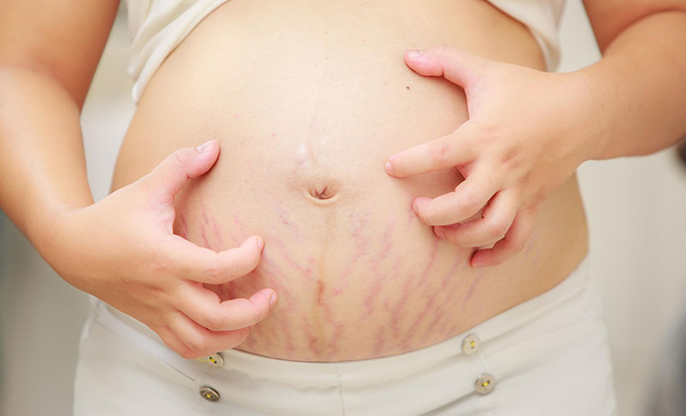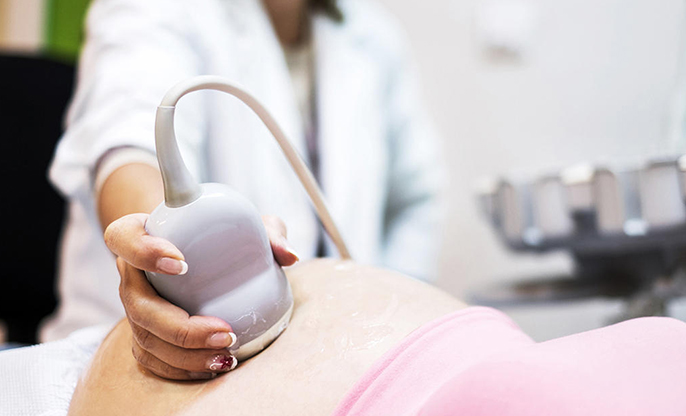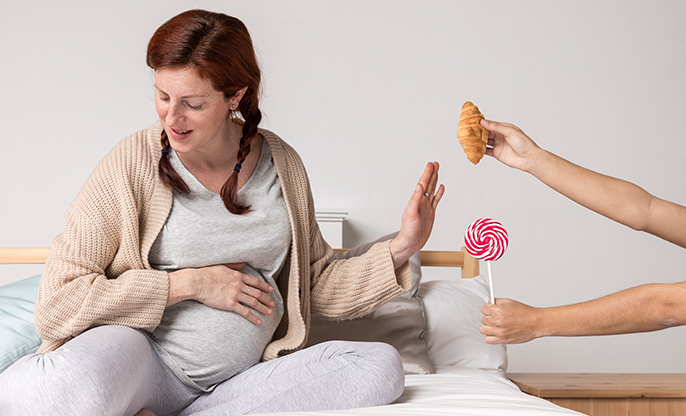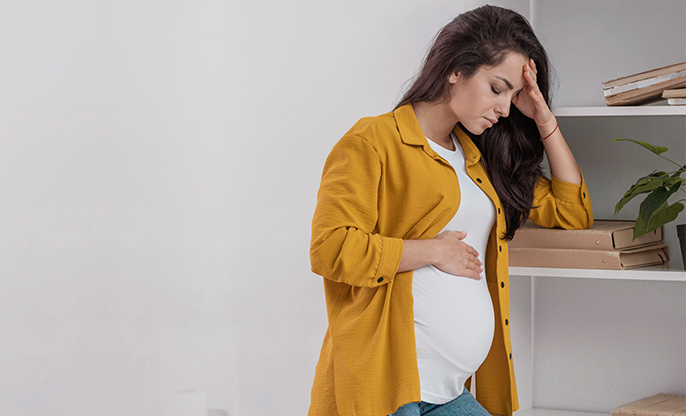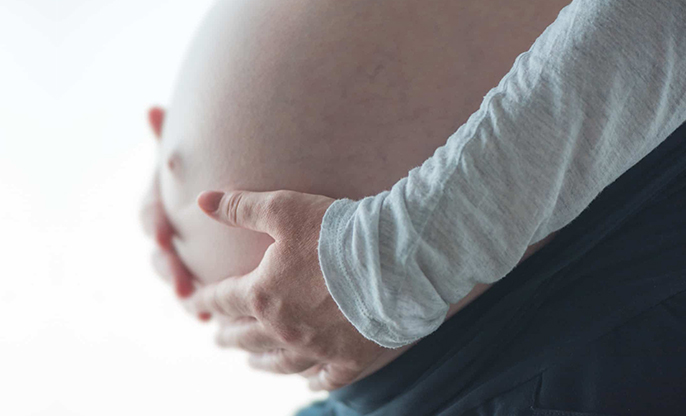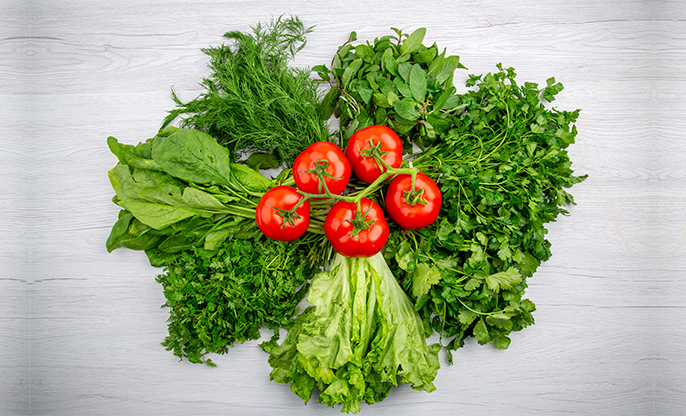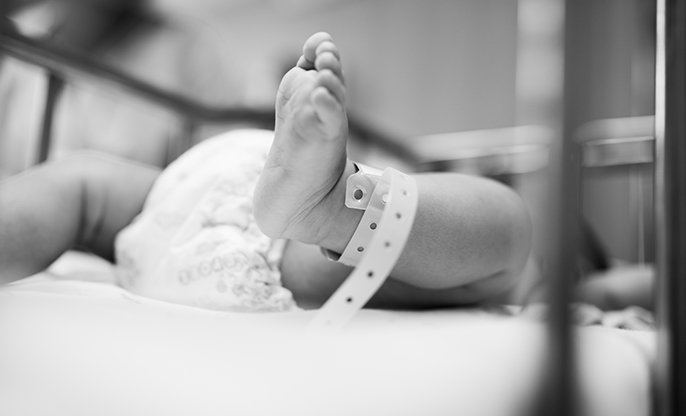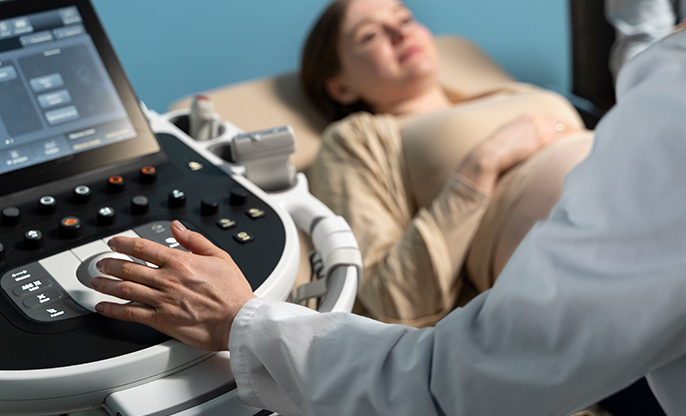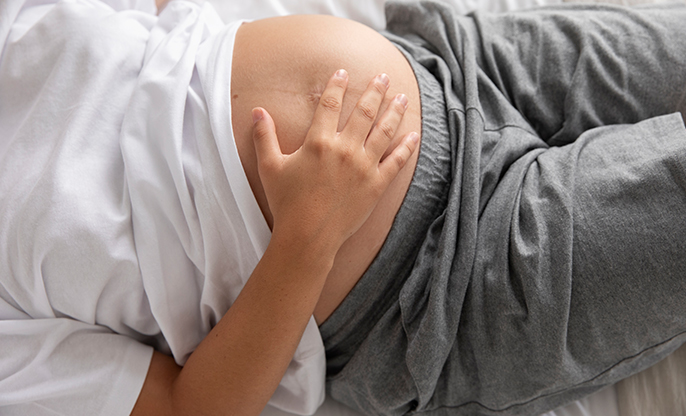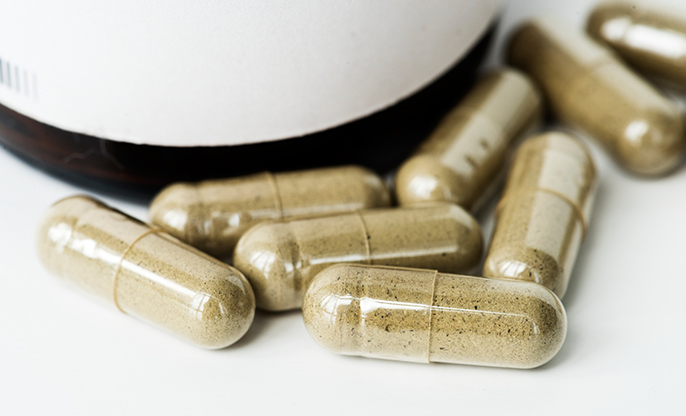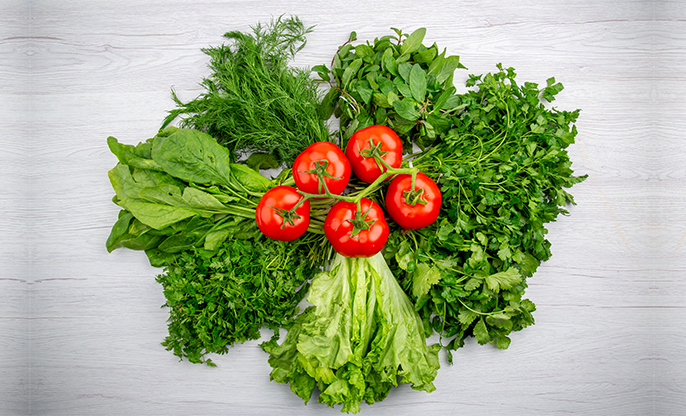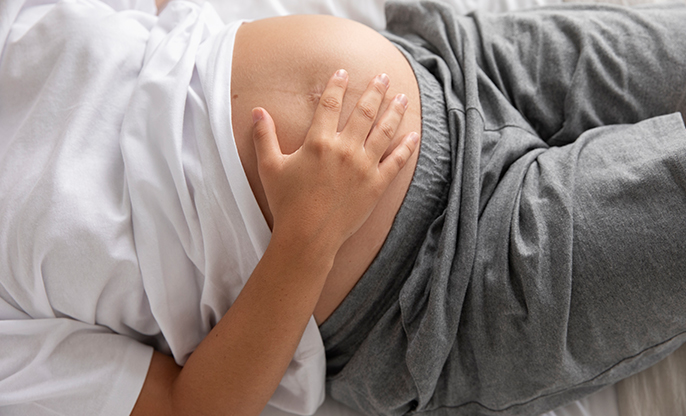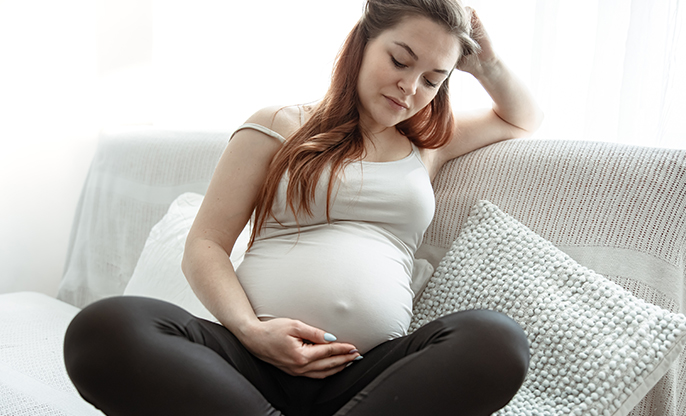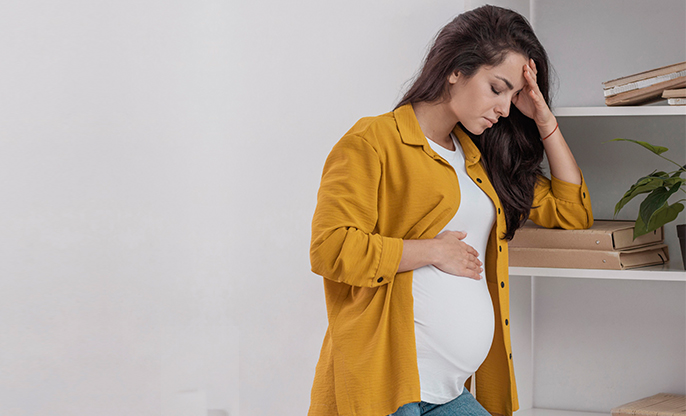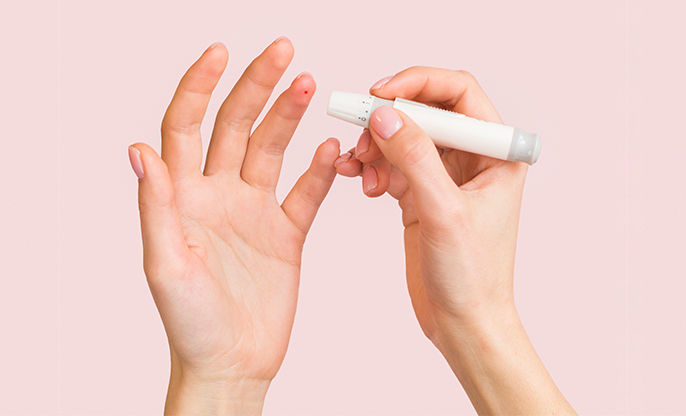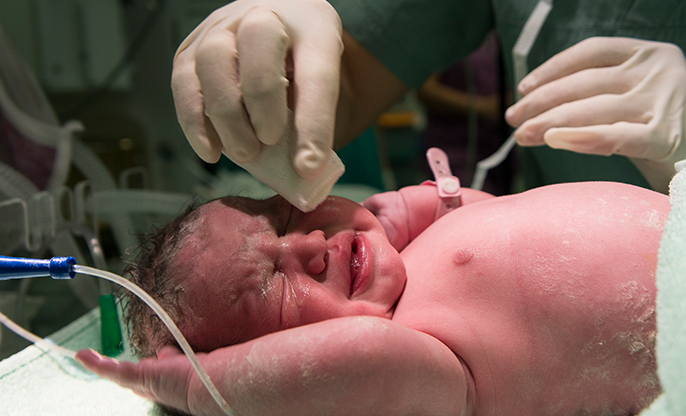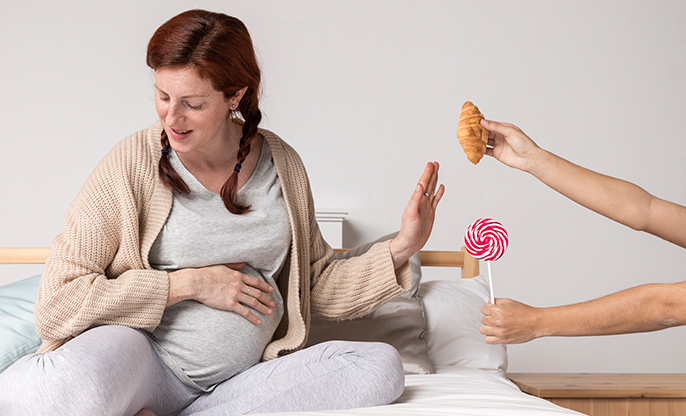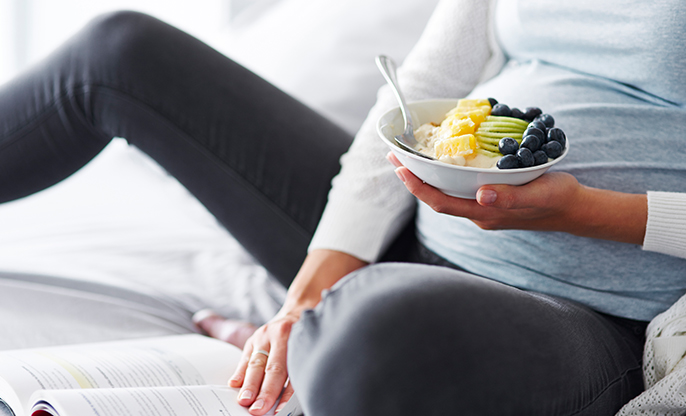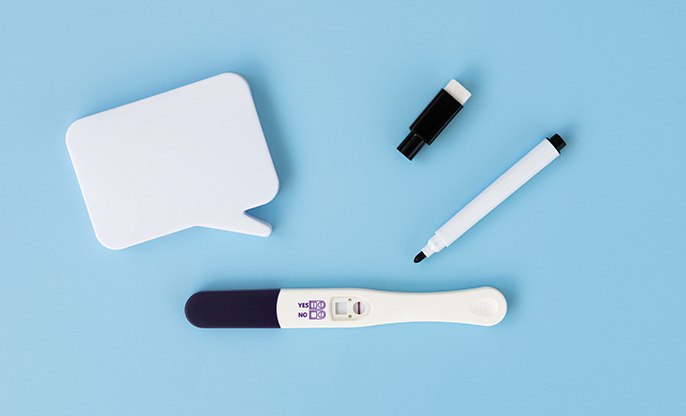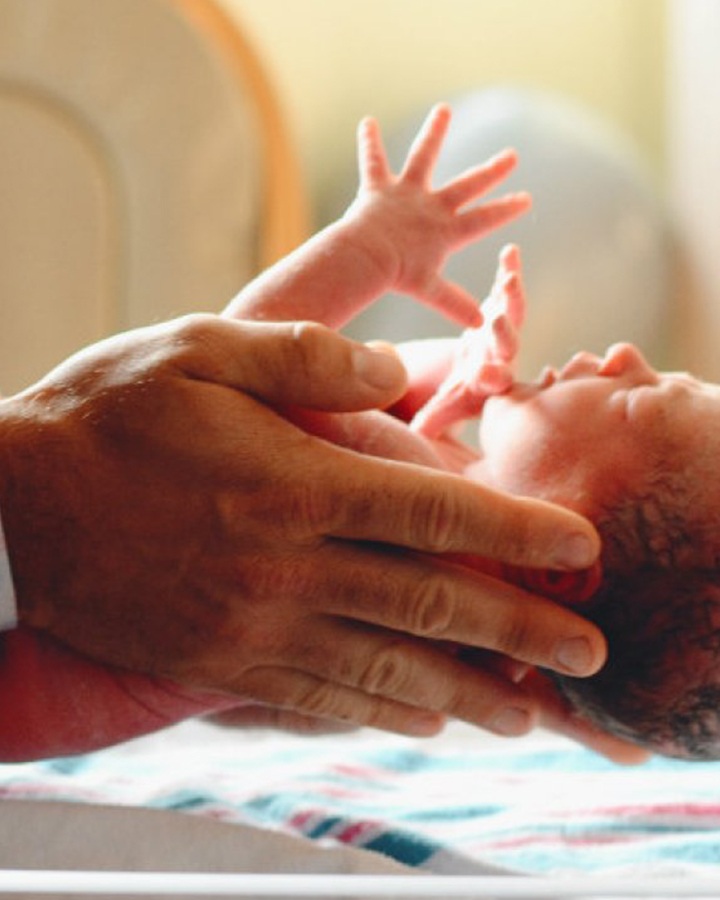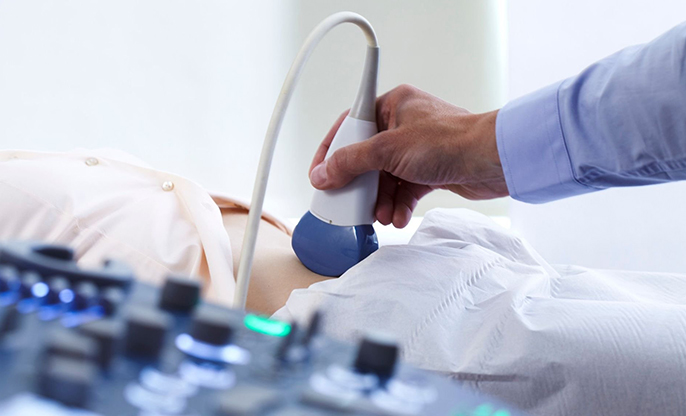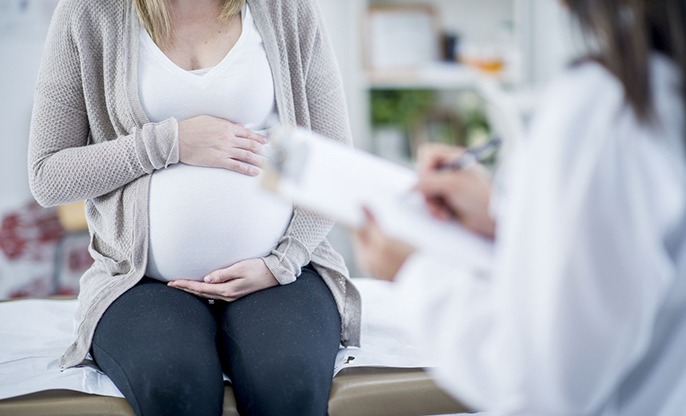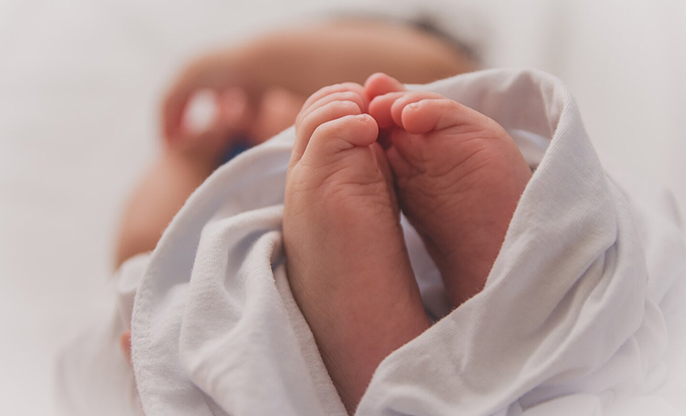
Cholestasis of pregnancy is a liver condition/disorder that causes severe itching late in pregnancy, more likely to begin after the 28th week of pregnancy. It is also known as intrahepatic cholestasis of pregnancy (ICP) or obstetric cholestasis. As per various studies, cholestasis only affects about 1 to 2 in 1,000 women during pregnancy.
Understanding Obstetric Cholestasis
ICP temporarily lowers liver function in pregnant woman.
This causes bile to build-up in your liver and bloodstream. Bile is a substance
produced by your liver and stored in your gallbladder. Every time you eat, bile
breaks down fats so that you can digest them properly. However, when levels of
bile in your blood reach a certain level, you may begin to itch.
During pregnancy, a fetus relies on your liver to remove waste from its blood. If your liver isn’t functioning properly, bile levels may increase to unsafe levels that may stress the fetus's liver. Your liver is an important organ responsible for removing waste from your body, so when it’s not fully functioning, it can cause complications.
Causes
Hormonal factors: Pregnancy causes
an increase in oestrogen and progesterone hormones. These can affect the liver
in a way which slows down the bile as it passes out along the tiny bile ducts.
Some pregnant women may be more sensitive to these hormonal effects.
Genetic factors: Obstetric
cholestasis seems to run in some families (although it may skip some
generations). One theory suggests that women who develop obstetric cholestasis
may have inherited a very slight problem with the way bile is made and passes
down the bile ducts. This doesn't matter when they aren't pregnant but the high
level of hormones made during pregnancy may tip the balance to slow down the
flow of bile.
Environmental factors: Obstetric
cholestasis tends to be more common in the winter months. This may be because
levels of certain vitamins and minerals, such as vitamin D, are usually lower in the body during winter.
Symptoms
The main symptom of cholestasis of pregnancy
is severe itching (pruritus). This itching starts on your
hands and feet and spreads to other body parts. The itching is usually worse at night. Unlike
other conditions that cause itching, cholestasis doesn’t involve a rash.
Less common signs of cholestasis may include:
- Nausea
- Dark urine
- Light grey or pale brown poop
- Extreme tiredness
- Decreased appetite
- Pain in the upper right of your belly
- Jaundice (yellowing of your skin and whites of your eyes)
Note
Roughly two-thirds of women who've had cholestasis
during pregnancy develop it again in later pregnancies. It's also more common
in women carrying multiples and in women with a history of liver damage or
disease.


